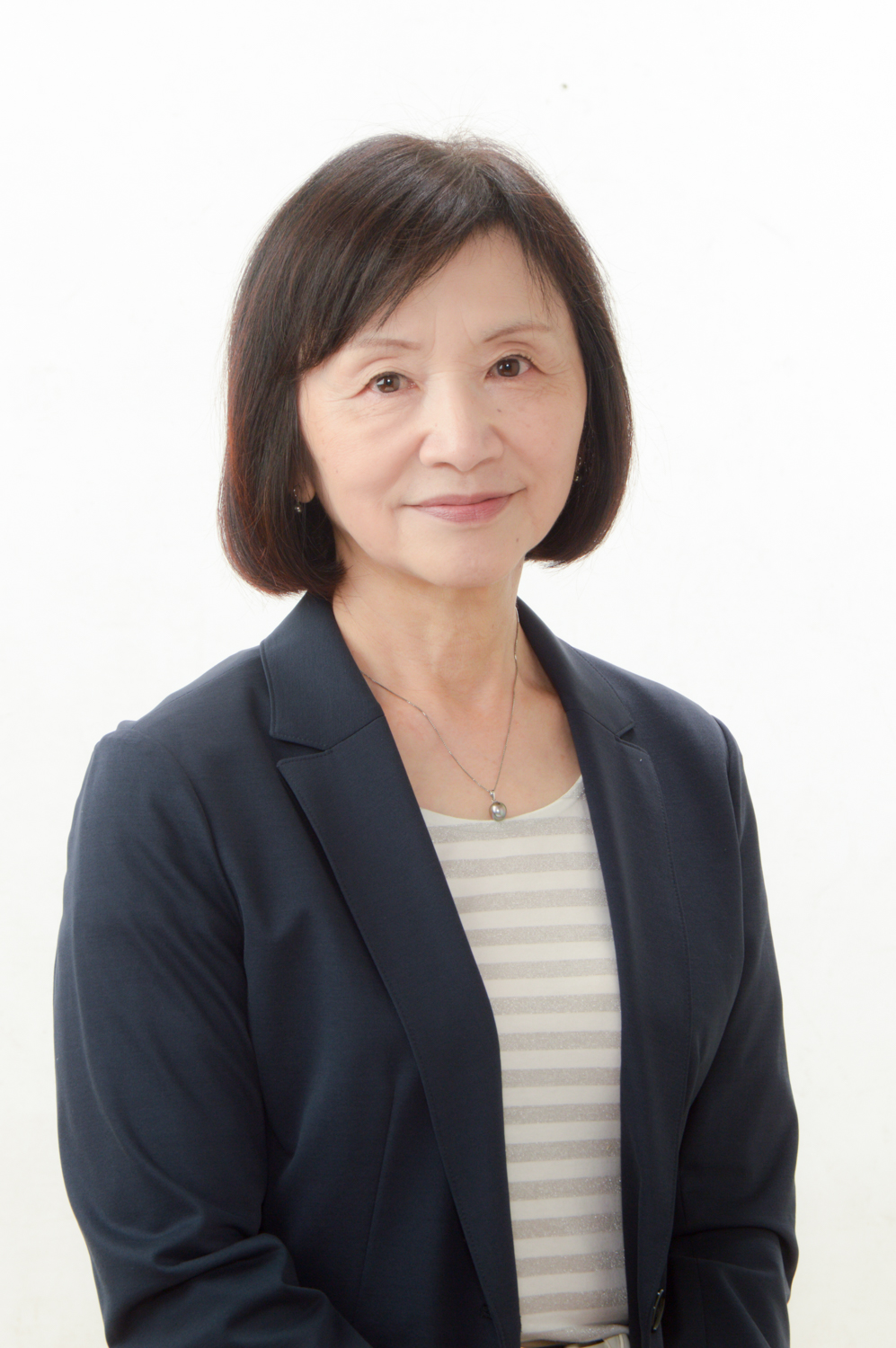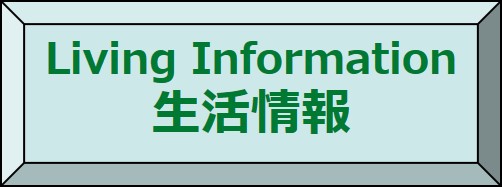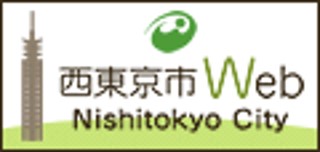From our Chairperson

Mariko Yamabe
The Nishitokyo Multicultural and International Center (NIMIC) was founded in 2006 by around 20 civic volunteers. Since then, we have grown to become a nonprofit organization supported by 240 members (as of June 2023). Our wish is to build a multicultural community in which people of various cultural backgrounds live together, mutually recognizing one another and interacting with one another.
Now that the COVID-19 pandemic, which shook the world from 2020, has calmed down a bit and the movement of people has picked up again, the non-Japanese population of Nishitokyo City can be expected to increase going forward.
NIMIC’s operations have three pillars. The first is support for non-Japanese living, working, or studying in Nishitokyo. Under consignment from the city government, we provide general consultations at the center to assist their daily life. As an independent project, we also organize children’s Japanese language classes at four places.
The second is exchange, the importance of which is self-evident. Encounters with other cultures enrich cuisine, music, and other aspects of our daily life and promote mutual understanding. NIMIC believes it is important for people to actually meet and spend time together, and so we independently organize various events throughout the year for this purpose.
The third is communication to further energize our activities. NIMIC’s projects are supported by volunteers, so we put a lot of effort into holding courses and conducting public relations, including an email magazine, to publicize our projects and discover and nurture even more volunteers.
As members of the same community, why not join us and bring whatever you can to help us build a society in which people coexist in a spirit of mutual assistance? Together with likeminded people of all generations, we look forward to creating even more sustainable activities.
History of NIMIC
NIMIC, stands for “Nishitokyo Multicultural and International Center”, was established in March 2006. Members of NIMIC were mainly composed from an advisory board organized in September 2004 at the request of Nishitokyo City Mayor with the intention to set up an international exchange organization. Its philosophy is based on a well-conceived proposal aiming at achieving a multicultural symbiotic society. NIMIC honorably obtained its NPO (Non-Profit Organization) status under the Japanese law in October 2008 and has been recognized as “NPO Nishitokyo Multicultural and International Center” (NIMIC) since then.
A follow-up report to sum up our past achievements as well as the current social situations and our future subjects was developed and submitted to Nishitokyo City in 2013. With adequate consideration of the rolls to be shared by and between the public and private sectors, we would further enhance our activities as civilian cooperation.
In 2020, we have entered the 15th year since our establishment, with over 200 members, and we are developing various projects.
Our concept and philosophy
Our mission is to achieve a multicultural symbiotic society, where all people with different cultural backgrounds understand and respect each other’s religions, beliefs, and living habits without any prejudice and discrimination, thus leads to the realization of a peaceful world. A livable society for the foreign people is also a society comfortable to live in for the children, the elderly and the physically challenged. We will continue our supports for foreign people and promote our civic actions to enlighten an open-minded society.
(*The words “foreign people” hereby signifies people with multiple cultural backgrounds.)
Slogan: “Living together, coexisting together “
In 2020 NIMIC invited its members to propose a slogan for NIMIC. After voting by NIMIC members and directors, “Living together, coexisting together ” was selected as our slogan. Here we would like to introduce the thoughts that the creator had in mind when compiling this slogan.
| “Living together, coexisting together “ |
|---|
|
“I tried to express the thoughts of NIMIC in a simple and concise manner. Although we have diverse backgrounds, we are all living in the same city of Nishitokyo. ‘Living together’ expresses the objective situation in which various people of diverse origins, nationalities, religions, races, ethnic groups, generations, genders, disabilities, social status, and so on, myself included, live together in the same community. ’Coexisting together,’ meanwhile, embraces the subjective determination to build a society in which all people, transcending their differences and mutually recognizing, understanding, respecting, and cooperating with one another, are able to enjoy happy, vibrant, and better lives. I hope that this slogan becomes familiar to many people and that the thoughts behind it can be realized as much as possible.” |
NIMIC would like to utilize this slogan to express the philosophy behind our activities in a more concise manner and to build, together with you all, a new multicultural community in the age of Covid-19.
Contribution to SDGs (Sustainable Development Goals)
Based on our activity concept, NIMIC implements support for foreign residents’ lives in the region through partnerships with the local government and other organizations, so that people with different cultural backgrounds can live comfortably in the region. We will realize such “a multicultural society “. By doing so, we aim to contribute to the achievement of Sustainable Development Goals (SDGs) Nos.3, 4, 5, 10, 11, 16, and 17.
Our activities
1. To foster civic understanding and engagement of multiple cultures:
| Creating familiar places for human interaction |
|---|
|
We will create places for foreign residents to experience Japanese culture and interact with local people, through the projects such as home visits for international students, attending Bon festival dance wearing Yukata, Japanese speech contests and social gatherings. >Check the past events |
| Workshop for children |
|---|
|
We will hold the workshop such as “Multicultural Experience with Kids “, ” World Friends project “, “Have fun in multiple languages for children “, and so on with foreign nationals according to the various ages of children. |
| Promotion of multicultural understanding through music |
|---|
| We will promote multicultural understanding through sensitivity by engaging foreign musical instrument performances at each event. |
| Citizen Festival |
|---|
| We will hold an event booth at the Nishitokyo City Citizen’s Festival held in “Nishitokyo Ikoi-no-mori Park ” every November. The booth serves many people to enjoy multiculturalism through games such as world map walking, which will broaden the bases of those who understand multicultural coexistence. |
| Multicultural and multilingual salon |
|---|
| With the cooperation of foreign residents, we will hold a salon as a tea event where you can have a small number of people to talk about multicultural culture and learn foreign languages while drinking tea. |
2.To support non-Japanese residents in Nishitokyo City:
| Free consultation in foreign languages |
|---|
|
Monday to Friday, 10am to 4pm (lunch break from 12:00 through 1 pm) Counseling for daily life is available at the Multicultural Center on the 1st floor of ING Building. Available date of interpreters will be depending on the language. You are able to receive a counseling with an interpretation service, by reservation.。 >Click here for further information |
| Multilingual support |
|---|
|
With the cooperation of translation volunteer, NIMIC creates multilingual versions of “Nishitokyo Newsletter “, offers interpretation of consultation at Nishitokyo City Multicultural Center, and dispatches interpreters to the schools and the city institutions. We also cooperate with the city’s comprehensive disaster prevention drill. |
| Japanese language class for children |
|---|
|
For elementary and junior high school students who have roots in foreign countries, we offer Japanese language learning and adaptation support classes every week. The staffs who have taken a training course for volunteers are working hard to provide support for children. Some of them work by making full use of the expertise of former teachers and the experience of raising children overseas. We also provide educational information to parents of children who attend Japanese language classes for children and provide educational consultation with the cooperation of interpreter volunteers. >Click here for information on Japanese language classes for children |
3.To further revitalize our engagement for a multicultural symbiotic society:
| Human resource finding and training (various training courses) |
|---|
|
Co-sponsored by the city, we offer Japanese language volunteer introductory courses, multicultural volunteer courses, and Japanese language volunteer follow-up courses throughout the year. Several NIMIC course managers are involved in the planning and operation of the above courses. |
| Support for groups in the city , and strengthening collaboration between groups |
|---|
|
Information on Japanese language classes by volunteers is posted on our website to support volunteers and groups promoting multicultural coexistence, and to strengthen cooperation between groups. Also, upon request, we offer follow-up courses and introduce external training for Japanese language volunteers. |
4. To broaden the movement:
We publish a monthly newsletter, NIMIC Communication to inform our members about all NIMIC activities and to invite them to participate in events and projects. In addition, we have opened a homepage (this site) and Facebook in order to widely call for understanding of activities and provide information on multicultural coexistence. As a medium that can be reviewed at hand, we publish a public relations paper, Tabunka no Wa (Multicultural circle) for the purpose of sharing our activity concept and the related information.
Board members
| Position | Name |
|---|---|
| Chairperson | Mariko Yamabe |
| Vice Chairperson | Hideko Iwano |
| Vice Chairperson | Hisanori Tamura |
| Director | Zhi Yang |
| Director | Tomoko Shimizu |
| Director | Chiho Ono |
| Director | Jiro Takahashi |
| Director | Masakazu Takemura |
| Director | Yasuharu Sato |
| Director | Yuko Kato |
| Auditor | Yoshiaki Kubo |
| Auditor | Masao Tanemura |




